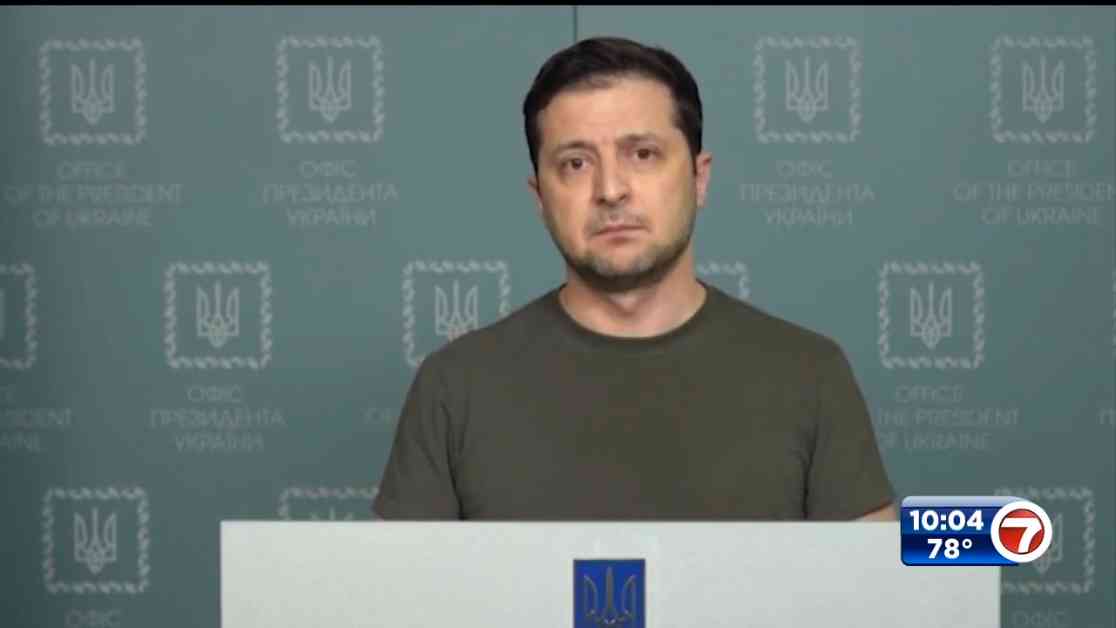President Volodymyr Zelenskyy’s recent “victory plan” to end Ukraine’s ongoing war with Russia has sparked mixed reactions from Western allies. The plan, which includes an invitation for Ukraine to join NATO and the use of Western long-range missiles to target military sites in Russia, has raised concerns and uncertainties among Kyiv’s supporters.
The United States, a crucial ally, has not yet provided a clear stance on the plan. Analysts believe that the Biden administration may delay making a decision until after the upcoming presidential election to avoid any potential backlash from voters. The plan’s success heavily relies on U.S. support, as it will influence other allies’ willingness to back Ukraine’s strategic proposals.
While some view Zelenskyy’s plan as a positive step towards strengthening Ukraine’s military capabilities, others express apprehension about the risks involved in escalating tensions with nuclear-armed Russia. The plan aims to bolster Ukraine’s position on the battlefield and set the stage for future peace negotiations, but its effectiveness remains uncertain.
Despite the uncertainties surrounding the plan, Zelenskyy is optimistic about receiving feedback from the White House soon. His five-point strategy addresses Ukraine’s current military challenges and aims to compel Russia to engage in negotiations with Ukraine and its allies. The plan also includes three confidential annexes that were disclosed to select leaders.
However, some critics question the plan’s operational details and strategic objectives. They argue that the plan’s focus on resilience and attrition warfare may not provide a clear pathway to victory. Additionally, the timing of the plan’s presentation, just before the U.S. election, raises questions about its political implications and feasibility.
In response to Zelenskyy’s plan, the U.S. announced a new $425 million security assistance package for Ukraine. While European reactions vary from strong support to outright opposition, the overall sentiment remains cautious. French and German officials have expressed willingness to engage with Ukraine on the proposal, while Hungarian Prime Minister Viktor Orbán has voiced concerns about the plan’s potential consequences.
The stakes are high for Ukraine, as the country seeks assurances of protection against Russian aggression. Without NATO membership, Ukraine lacks a credible deterrent against future Russian incursions. Zelenskyy’s reference to nuclear alternatives has sparked debate and raised concerns among Ukrainians about the country’s security prospects.
As Ukraine navigates the complexities of its conflict with Russia, external support remains crucial for its survival. The outcome of Zelenskyy’s plan and its reception by Western allies will shape Ukraine’s future trajectory and determine its ability to withstand ongoing military challenges.


